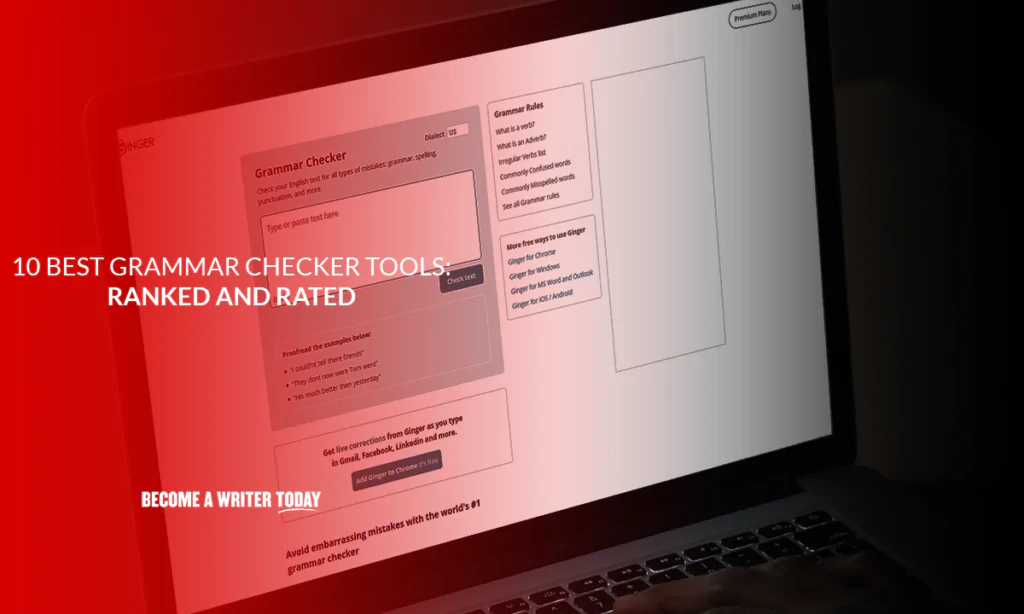Want to Write Online?
As Seen On

Writing Software Reviews
We try and test the best writing software and apps. Read some of our popular reviews.
Writing Resources
Watch, listen and learn from podcasts, videos and courses about the craft of writing from Become a Writer Today.
YouTube
Watch our videos packed full of writing advice, software reviews, tips, interviews, and book-round-ups on our channel. ⏯️
Courses
Get help with writer’s block, self-publishing, and earning more money as a writer in these popular courses. ✍️
Podcast
Listen to interviews with New York Times best-selling authors and other top writers. Get practical advice that works. 🎧
Writing Blog and News
Our team of expert writers publishes practical advice about the craft of writing.
9 Best Sri Lankan Authors to Begin Your Exploration Into Sri Lankan Culture
Discover our guide with the best Sri Lankan authors who have brought their country’s heritage to…
8 Essential Worldbuilding Questions For Your Novel
As a writer, you want your audience to feel immersed in the world you create….
Grammarly Review: Is Grammarly Premium Worth It?
Our Grammarly review explains if this grammar checker is worth your money. We evaluate how…
Los 16 Libros Más Vendidos De Stephen King
Stephen King es un autor prolífico con millones de libros vendidos, pero ¿cuáles son los…
Mind Mapping Ideas: 8 Ways To Use This Creative Technique To Try
Do you want some mind mapping ideas to help with your creative or brainstorming process? Here, we…
What is Point of View? A Quick Guide to Narration From the First-Person, Third-Person, and Everything in Between
Being able to answer “What is point of view?” is a key first step to…

Writing Advice That Works
Our team has written thousands of articles covering all types of writing, book genres, niches, tools, famous authors, and the written word. You can start your writing journey today.

Need Writing Software?
We regularly review and profile the best writing tools, apps, grammar checkers, and AI writing software, so you can find one that works best.

Great Books
Our team of writers has read and reviewed the best books and authors across various genres. Never run out of items for your reading list.







